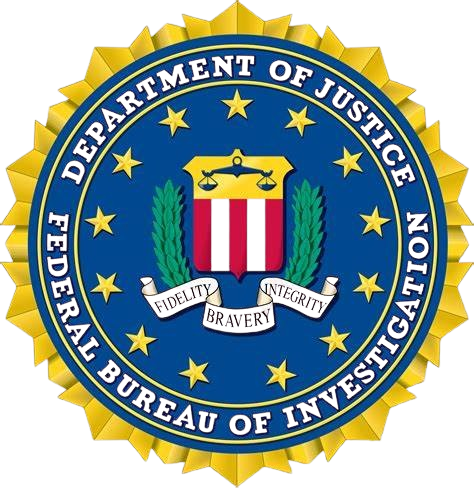FBI

The Federal Bureau of Investigation (FBI) is the United States’ premier federal law enforcement agency, responsible for investigating and enforcing laws related to national security, counterterrorism, cybercrime, organized crime, and civil rights, among others. Established in 1908, the FBI operates under the Department of Justice and serves as both an intelligence and law enforcement body. Its mission is to protect the American people and uphold the U.S. Constitution by conducting investigations, collecting intelligence, and working with local and international agencies to combat a wide range of threats.
The FBI is structured into various specialized divisions, including criminal investigations, counterterrorism, cyber, and counterintelligence. It also runs the FBI Laboratory, which is one of the world’s most advanced crime labs, and the National Crime Information Center (NCIC), a national database for tracking criminal activity. Field offices across the U.S. and international offices help extend the FBI’s reach and coordination capabilities.
In addition to investigating crime, the FBI is involved in educating the public on crime prevention and supporting law enforcement agencies worldwide. The organization is also committed to ensuring civil liberties, enforcing federal laws like those that protect against human trafficking, hate crimes, and corruption.
With a workforce of more than 35,000 employees, including special agents, intelligence analysts, scientists, and administrative staff, the FBI is instrumental in maintaining national security and combating complex criminal threats. Its work extends beyond just crime-solving—it’s also about prevention, ensuring the country remains safe from evolving threats.
The FBI balances its dual roles of law enforcement and intelligence-gathering, making it a unique and critical component of the nation’s safety and legal system.